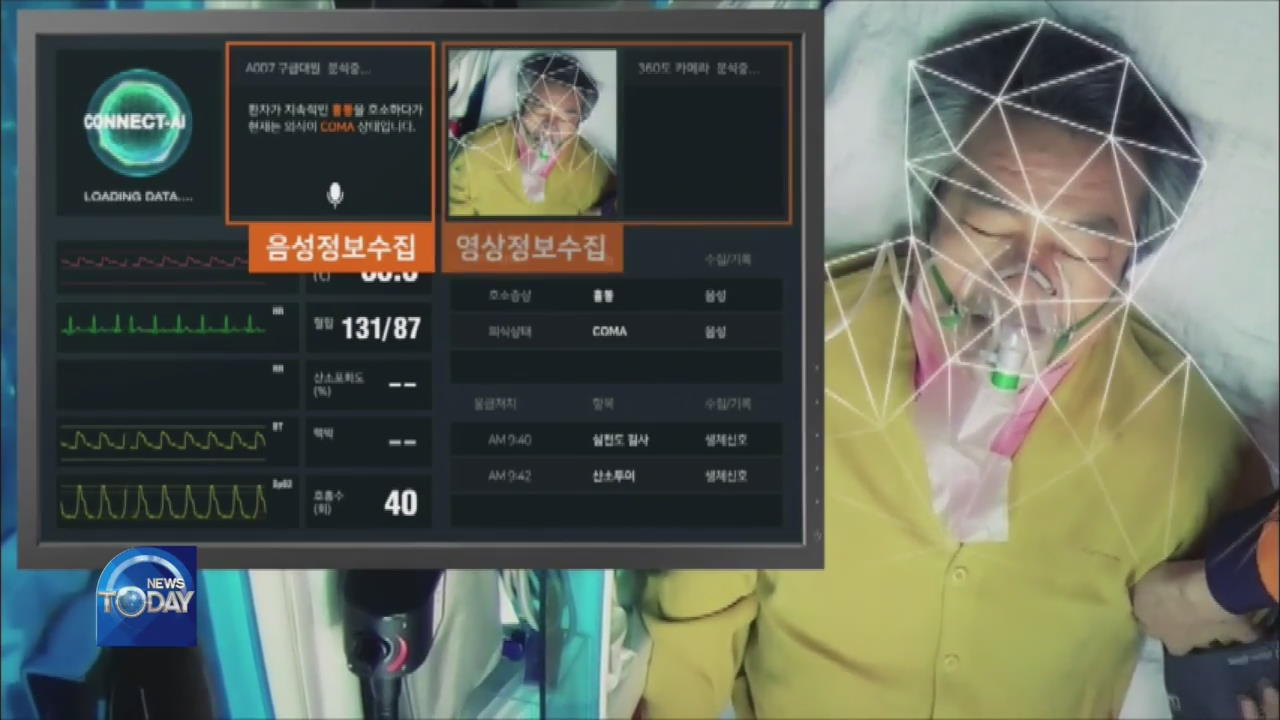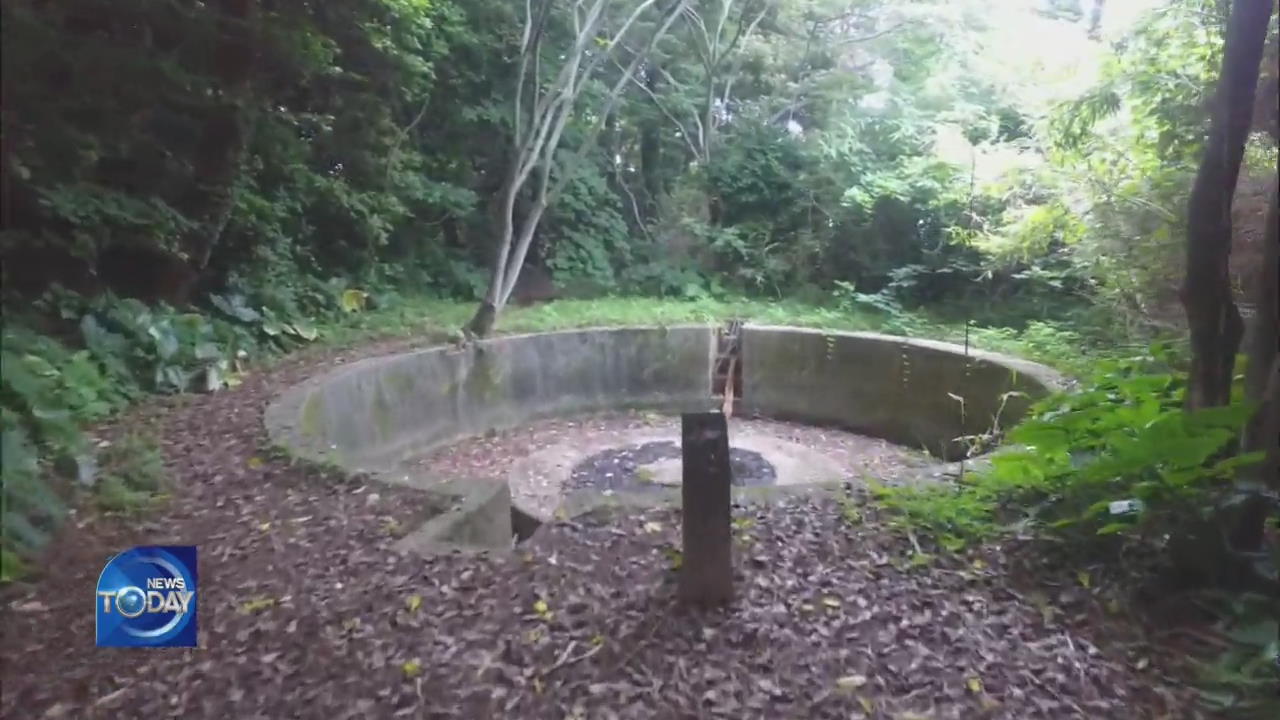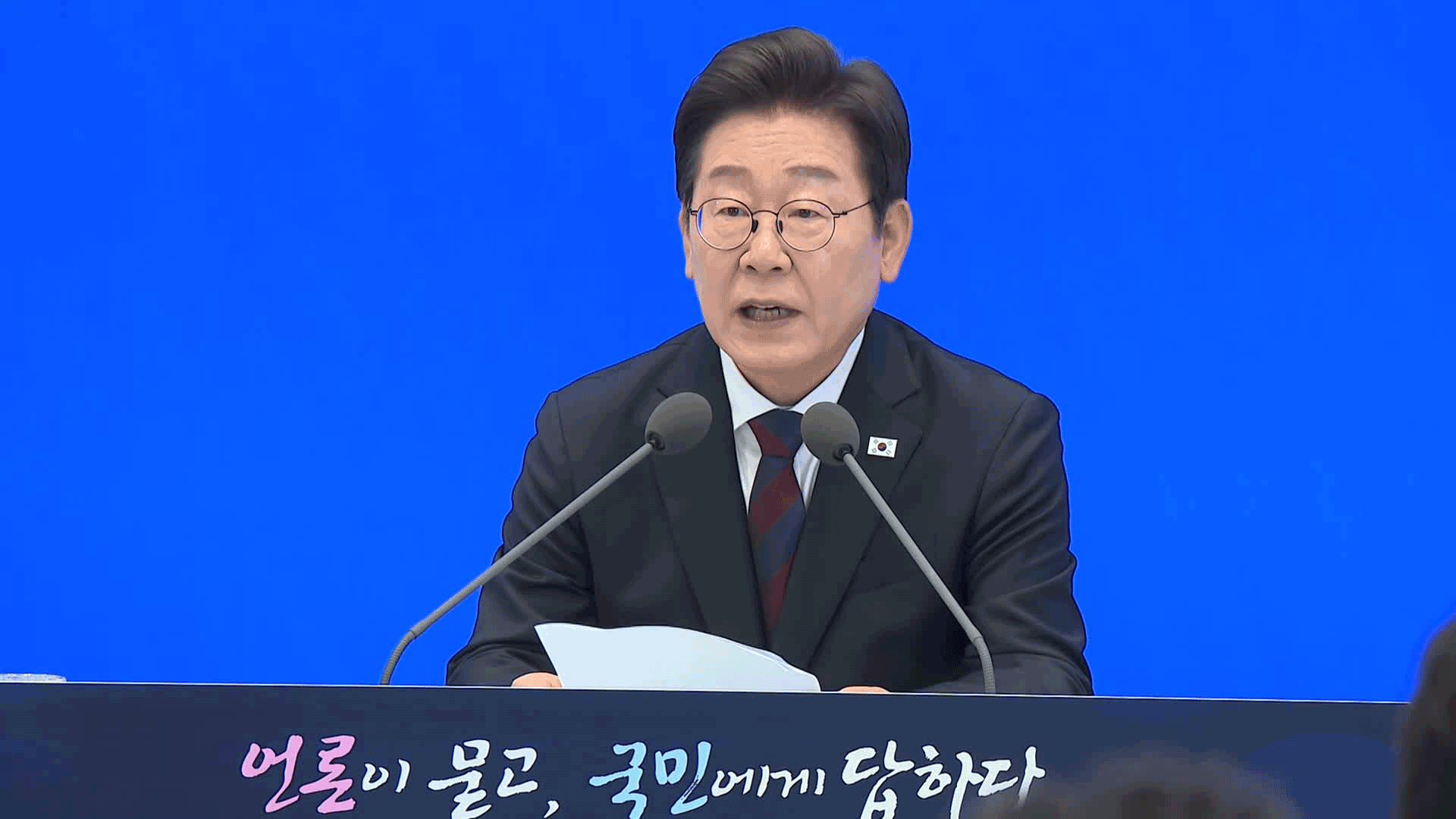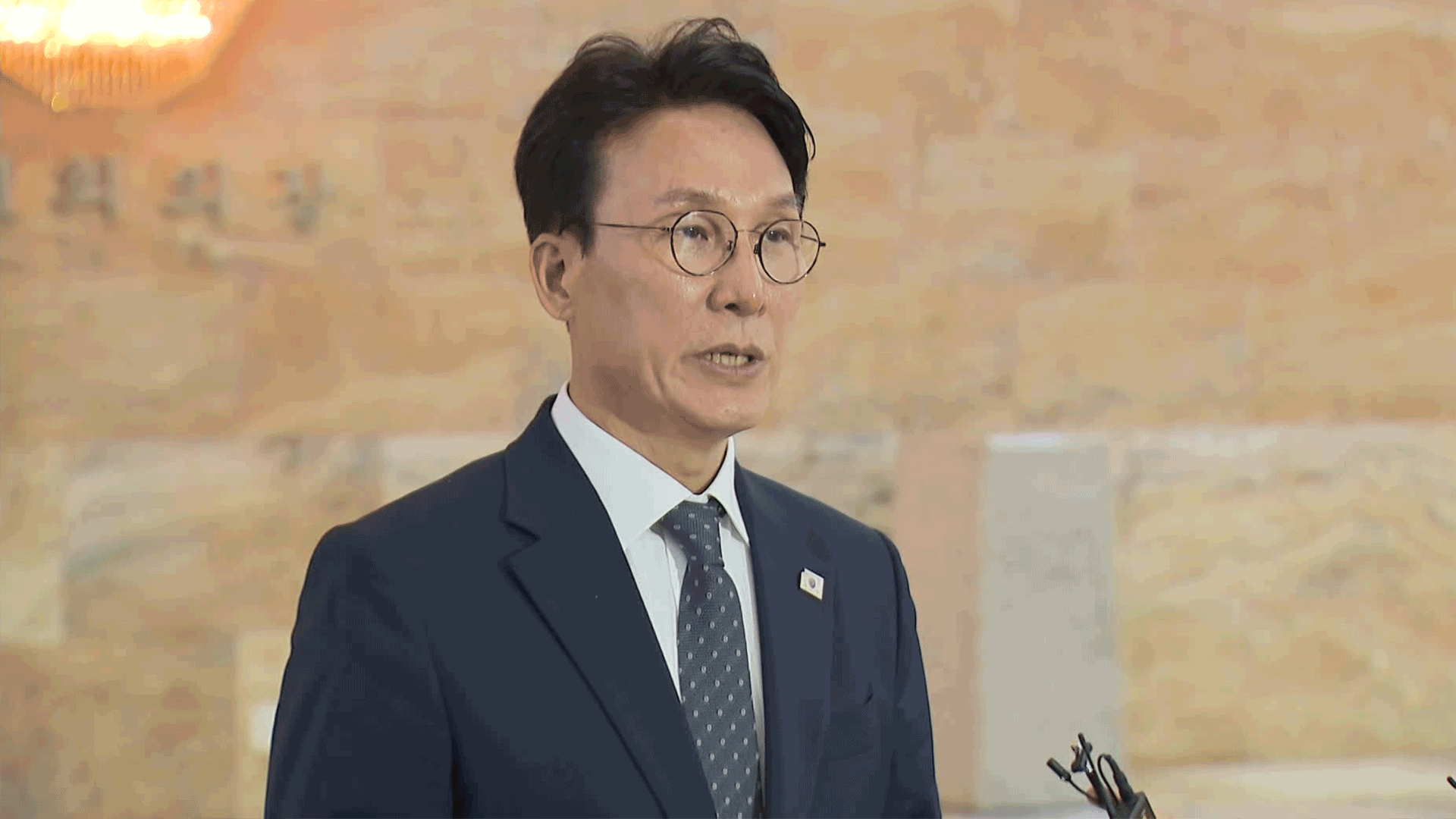AI IN EMERGENCY HEALTH SITUATIONS
입력 2019.08.14 (15:09)
수정 2019.08.14 (16:45)
읽어주기 기능은 크롬기반의
브라우저에서만 사용하실 수 있습니다.
[Anchor Lead]
In emergency medical situations, swift, accurate handling directly relates to saving patient's lives. For this reason, artificial intelligence is being rapidly introduced into this field, as AI makes quick decisions and fewer mistakes. AI is expected to assist in areas such as locating the optimal emergency room and predicting probable scenarios, and thereby raise patients' survival rate.
[Pkg]
A university hospital emergency center. Three ambulances arrive in a row within ten minutes. Most patients have sustained minor injuries.
[Soundbite] "(Where does it hurt the most?) No, I'm fine. It's just my dental implant area."
Data such as emergency room occupancy is not shared among hospitals. So if patients are concentrated at one hospital, those in more critical conditions could be sidelined, until the golden hour has passed.
[Soundbite] PROF. CHO JOON-HO(SEVERANCE HOSPITAL) : "We can't handle more than one patient at a time, when it comes to select conditions like acute myocardial infarction. So it can be problematic if emergency patients arrive on ambulances one after another."
Can artificial intelligence play a role in helping resolve such issues? AI can locate the ideal emergency room for a patient based on hospitals' level of expertise and patient numbers. It will also tell you the best traffic route to reach the chosen hospital. AI can even help conduct first aid by providing patient information such as blood pressure and heart rate.
[Soundbite] PROF. CHANG HYUK-JAE(SEVERANCE HOSPITAL) : "We need the environment and technology to provide essential timely emergency treatment."
Some clinics have already introduced this technology in their intensive care units. AI does more than diagnosis. It can also predict advance signs for various conditions including a cardiac arrest.
[Soundbite] LEE YE-HA(AI-BASED MEDICAL DEVICE MANUFACTURER) : "A disease develops gradually. If we can see this coming at an early stage, treatment is much easier."
South Korea has more than ten million reported emergency patients annually. The government will invest 23 billion won over 3 years to help utilize AI in emergency medical care. There is little dispute the technology will contribute to saving lives. However, possible privacy violation resulting from personal data use remains an issue to be addressed.
In emergency medical situations, swift, accurate handling directly relates to saving patient's lives. For this reason, artificial intelligence is being rapidly introduced into this field, as AI makes quick decisions and fewer mistakes. AI is expected to assist in areas such as locating the optimal emergency room and predicting probable scenarios, and thereby raise patients' survival rate.
[Pkg]
A university hospital emergency center. Three ambulances arrive in a row within ten minutes. Most patients have sustained minor injuries.
[Soundbite] "(Where does it hurt the most?) No, I'm fine. It's just my dental implant area."
Data such as emergency room occupancy is not shared among hospitals. So if patients are concentrated at one hospital, those in more critical conditions could be sidelined, until the golden hour has passed.
[Soundbite] PROF. CHO JOON-HO(SEVERANCE HOSPITAL) : "We can't handle more than one patient at a time, when it comes to select conditions like acute myocardial infarction. So it can be problematic if emergency patients arrive on ambulances one after another."
Can artificial intelligence play a role in helping resolve such issues? AI can locate the ideal emergency room for a patient based on hospitals' level of expertise and patient numbers. It will also tell you the best traffic route to reach the chosen hospital. AI can even help conduct first aid by providing patient information such as blood pressure and heart rate.
[Soundbite] PROF. CHANG HYUK-JAE(SEVERANCE HOSPITAL) : "We need the environment and technology to provide essential timely emergency treatment."
Some clinics have already introduced this technology in their intensive care units. AI does more than diagnosis. It can also predict advance signs for various conditions including a cardiac arrest.
[Soundbite] LEE YE-HA(AI-BASED MEDICAL DEVICE MANUFACTURER) : "A disease develops gradually. If we can see this coming at an early stage, treatment is much easier."
South Korea has more than ten million reported emergency patients annually. The government will invest 23 billion won over 3 years to help utilize AI in emergency medical care. There is little dispute the technology will contribute to saving lives. However, possible privacy violation resulting from personal data use remains an issue to be addressed.
■ 제보하기
▷ 카카오톡 : 'KBS제보' 검색, 채널 추가
▷ 전화 : 02-781-1234, 4444
▷ 이메일 : kbs1234@kbs.co.kr
▷ 유튜브, 네이버, 카카오에서도 KBS뉴스를 구독해주세요!
- AI IN EMERGENCY HEALTH SITUATIONS
-
- 입력 2019-08-14 15:09:22
- 수정2019-08-14 16:45:37

[Anchor Lead]
In emergency medical situations, swift, accurate handling directly relates to saving patient's lives. For this reason, artificial intelligence is being rapidly introduced into this field, as AI makes quick decisions and fewer mistakes. AI is expected to assist in areas such as locating the optimal emergency room and predicting probable scenarios, and thereby raise patients' survival rate.
[Pkg]
A university hospital emergency center. Three ambulances arrive in a row within ten minutes. Most patients have sustained minor injuries.
[Soundbite] "(Where does it hurt the most?) No, I'm fine. It's just my dental implant area."
Data such as emergency room occupancy is not shared among hospitals. So if patients are concentrated at one hospital, those in more critical conditions could be sidelined, until the golden hour has passed.
[Soundbite] PROF. CHO JOON-HO(SEVERANCE HOSPITAL) : "We can't handle more than one patient at a time, when it comes to select conditions like acute myocardial infarction. So it can be problematic if emergency patients arrive on ambulances one after another."
Can artificial intelligence play a role in helping resolve such issues? AI can locate the ideal emergency room for a patient based on hospitals' level of expertise and patient numbers. It will also tell you the best traffic route to reach the chosen hospital. AI can even help conduct first aid by providing patient information such as blood pressure and heart rate.
[Soundbite] PROF. CHANG HYUK-JAE(SEVERANCE HOSPITAL) : "We need the environment and technology to provide essential timely emergency treatment."
Some clinics have already introduced this technology in their intensive care units. AI does more than diagnosis. It can also predict advance signs for various conditions including a cardiac arrest.
[Soundbite] LEE YE-HA(AI-BASED MEDICAL DEVICE MANUFACTURER) : "A disease develops gradually. If we can see this coming at an early stage, treatment is much easier."
South Korea has more than ten million reported emergency patients annually. The government will invest 23 billion won over 3 years to help utilize AI in emergency medical care. There is little dispute the technology will contribute to saving lives. However, possible privacy violation resulting from personal data use remains an issue to be addressed.
In emergency medical situations, swift, accurate handling directly relates to saving patient's lives. For this reason, artificial intelligence is being rapidly introduced into this field, as AI makes quick decisions and fewer mistakes. AI is expected to assist in areas such as locating the optimal emergency room and predicting probable scenarios, and thereby raise patients' survival rate.
[Pkg]
A university hospital emergency center. Three ambulances arrive in a row within ten minutes. Most patients have sustained minor injuries.
[Soundbite] "(Where does it hurt the most?) No, I'm fine. It's just my dental implant area."
Data such as emergency room occupancy is not shared among hospitals. So if patients are concentrated at one hospital, those in more critical conditions could be sidelined, until the golden hour has passed.
[Soundbite] PROF. CHO JOON-HO(SEVERANCE HOSPITAL) : "We can't handle more than one patient at a time, when it comes to select conditions like acute myocardial infarction. So it can be problematic if emergency patients arrive on ambulances one after another."
Can artificial intelligence play a role in helping resolve such issues? AI can locate the ideal emergency room for a patient based on hospitals' level of expertise and patient numbers. It will also tell you the best traffic route to reach the chosen hospital. AI can even help conduct first aid by providing patient information such as blood pressure and heart rate.
[Soundbite] PROF. CHANG HYUK-JAE(SEVERANCE HOSPITAL) : "We need the environment and technology to provide essential timely emergency treatment."
Some clinics have already introduced this technology in their intensive care units. AI does more than diagnosis. It can also predict advance signs for various conditions including a cardiac arrest.
[Soundbite] LEE YE-HA(AI-BASED MEDICAL DEVICE MANUFACTURER) : "A disease develops gradually. If we can see this coming at an early stage, treatment is much easier."
South Korea has more than ten million reported emergency patients annually. The government will invest 23 billion won over 3 years to help utilize AI in emergency medical care. There is little dispute the technology will contribute to saving lives. However, possible privacy violation resulting from personal data use remains an issue to be addressed.
이 기사가 좋으셨다면
-
좋아요
0
-
응원해요
0
-
후속 원해요
0













![[단독] 도이치 주포 “김건희, 내 덕에 떼돈 벌어…22억 원 주문”](/data/news/2025/07/03/20250703_KpuU43.png)
![[단독] “쪽지 얼핏 봤다, 안 받았다”더니…CCTV에선 문건 챙긴 이상민](/data/news/2025/07/03/20250703_Lv3LjI.png)


이 기사에 대한 의견을 남겨주세요.